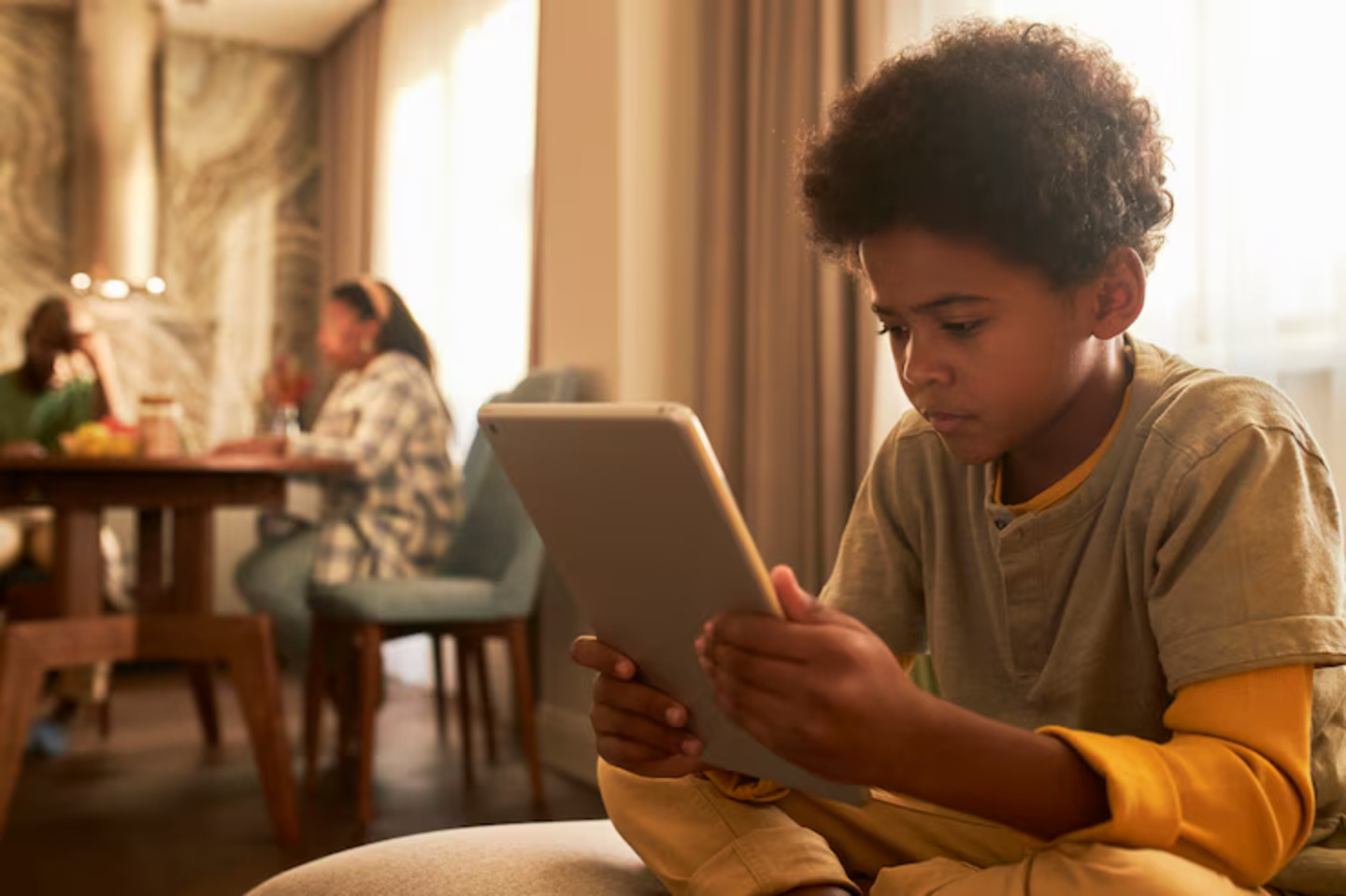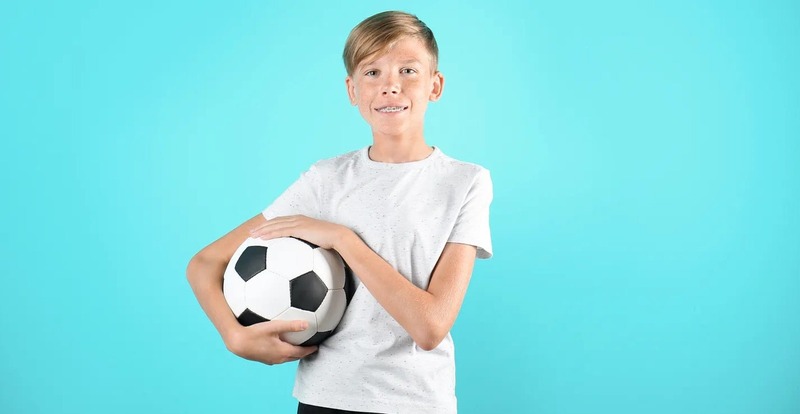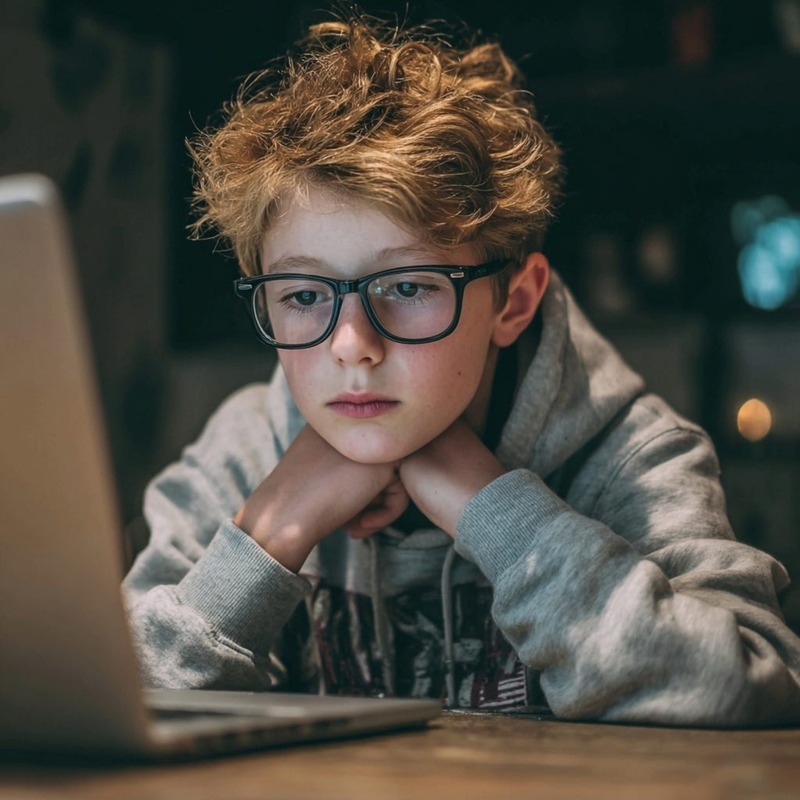When a child makes a catastrophic mistake online, the first question people ask is always the same.
Where were the parents?
It’s a question soaked in judgment. It implies negligence. Weak boundaries. A lack of discipline. It lands like a hammer on mothers who monitor every message, on fathers who’ve delayed the phone longer than most, the parents that said no to social but yes to a phone for safety reasons. It hits hard on caregivers who’ve done everything right, until their child sends the photo, joins the group chat, films the fight, says the wrong thing, clicks the wrong link, or trusts the wrong person or even takes part in an SMS truth or dare with their year group.
Where were the parents?
They were there. They were trying. They were protecting. But the truth that no one wants to say out loud the truth that terrifies schools and shames families and gets buried beneath the latest policy refresh is this:
You can’t compete with it.
No parent can.
Not with the scale. Not with the speed. Not with the design because this isn’t a parenting failure. This is a full system failure.
A system that markets pornography to children before they know what sex is. A system where 13-year-olds are sold tracking devices disguised as protection. A system where algorithms push extremism, cruelty, self-harm, and misogyny, and call it content. A system where a classmate can generate fake nudes of your child in seconds, and the law still doesn’t know who to charge. A system that collects and stores a child’s data even when they are under 13 years old, and it is illegal for the company to do so under COPPA—but they manipulate parents into thinking sharing is love, when all it’s doing is giving the app the information it would usually be fined for capturing directly.
Parents cannot compete.
So let’s stop pretending that parental control apps, monitoring software, dinner table conversations, or “just saying no” can somehow neutralise that. Parents cannot compete against a trillion-dollar company’s algorithms. Impossible. We need to get real.
And here’s what’s worse: I see it all the time, even from the so-called experts, the trusted voices in this space. The commentators. The policy-makers. The keynote speakers on tech safety stages. Blaming parents. Implying that if only you’d talked more, if only you’d checked the phone more, if only you’d made better choices, your child wouldn’t be in trouble. That narrative is not just inaccurate, it’s cruel. And it keeps the focus on the one thing that won’t fix the problem........guilt.
Let’s stop blaming mothers when their sons are radicalised on Discord. Let’s stop blaming fathers when their daughters are stalked on Snapchat. Let’s stop blaming parents for what amounts to digital warfare, fought on a terrain they didn’t build, with weapons they’re not allowed to see.
This blame is not just wrong. It’s dangerous.
Because while parents are tying themselves in knots trying to be perfect, the real threat grows. And when that threat hits home, and it will, those same parents are now too ashamed to act. Too shocked. Too heartbroken by the idea that, despite everything they’ve done, their child is still in the middle of something horrifying and real and wildly unfair.
This is where we lose kids, not in the mistake, but in the shame storm that follows.
Because when a parent collapses under the weight of “Where did I go wrong?”, the child is left to carry not just the consequences of their online choices, but the emotional fallout of the person they trust most. The one who’s supposed to be their anchor is now drowning too. And no one is steering the boat.
So here’s what needs to change.
We need to stop treating digital safety as a test of parenting. It’s not.
It’s a test of resilience. Of readiness. Whether you, as the adult, can stay calm in the most emotionally volatile moment your child has ever faced. Your kid doesn't need perfect parenting. They need you, prepped. Not prepped to prevent. But prepped to respond. That means preparing for the day they call you and say:
“There’s a photo.”
“There’s a video.”
“There’s a group chat and everyone’s turning on me.”
“There’s a stranger, and I think I messed up.”
“There’s something online and I can’t make it stop.”
That’s not the day to fall apart. That’s the day to know how to show up. You need to be ready. Not just legally, not just logistically, but emotionally. Steady hands. Soft eyes. Clear words. A decision already made: this does not break us. Because your job is not to panic. It’s to protect.
And not just from the internet, but from the weight of a world that tells kids one stupid moment defines them, and tells parents one stupid moment defines you.
You have to reject that.
You have to know that good kids screw up. Peer pressure and a desperate need to belong can lead kind kids to share the wrong thing. Smart kids freeze in the face of a threat. And well-parented kids? They are right there in the thick of it, too. Because the tech is too fast. The culture is too relentless.
It’s not your fault. But it is your job. Your job is to be ready for the thing you couldn’t predict. To stay standing when your child needs you most. To navigate the mess with clarity, not collapse. To build the kind of relationship where your child doesn’t hide, because they know: no matter what, you are not afraid of them, or for them. You are ready. Prepared, not paranoid. Calm, not clueless. Steady, not perfect.
This is the world now. And it’s not fair. But it is real. Every child, no matter how well raised, deserves a parent who is not destroyed by their first digital mistake. Not because it won’t hurt. But because the only way forward is through. Together.
And schools need to hear this too.
Because while parents are being blamed for not doing enough, schools are expected to hold the full weight of what happens online, even when that harm was set in motion long before the first bell. Educators are exhausted. Families are overwhelmed. And too often, blame ricochets between them. Parents frustrated that schools didn’t prevent it. Schools frustrated that it landed at their feet already too late. But this isn’t a blame game. It’s a partnership problem and it’s solvable.
When schools and families work together—with shared language, clear protocols, and the right education—something remarkable happens. The silence lifts. The shame thins out. Kids feel safer to speak up, earlier. Parents feel equipped. Teachers feel backed, not burned.
That’s where we come in.
We don’t deliver a scary slideshow and disappear. We embed digital resilience into the DNA of the school. We make it real, relevant, and ongoing. We bridge the gap between what’s happening online and what’s happening in real life. We show staff how to manage incidents with a learning moment steeped in restorative justice. We help parents respond to crisis without emotional collapse. We create frameworks that last beyond a presentation, and conversations that continue long after we’ve left.
If your school is ready to stop reacting and start leading, bring us in.
We’ll help you protect your students, support your staff, and stand beside your families.
Not when it’s too late.
Now.
Contact us today at - hello@ctrlshft.global







